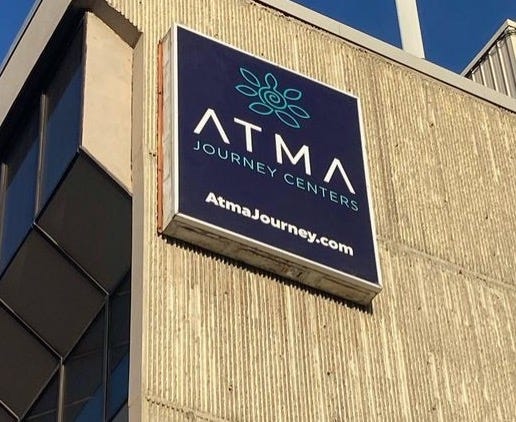ATMA's Journey: Overground
Psychedelic start-ups can gain rapid publicity and investment, but can they survive harder times?
This is the second and final part of a feature on ATMA Journey Centers, a leading psychedelic company in Canada, whose co-founder and CEO, David Harder, was charged with sexual assault earlier this year. In the first part, we followed David’s journey from the Christian rock scene to the psychedelic and tantric underground, and heard from two women who a…



